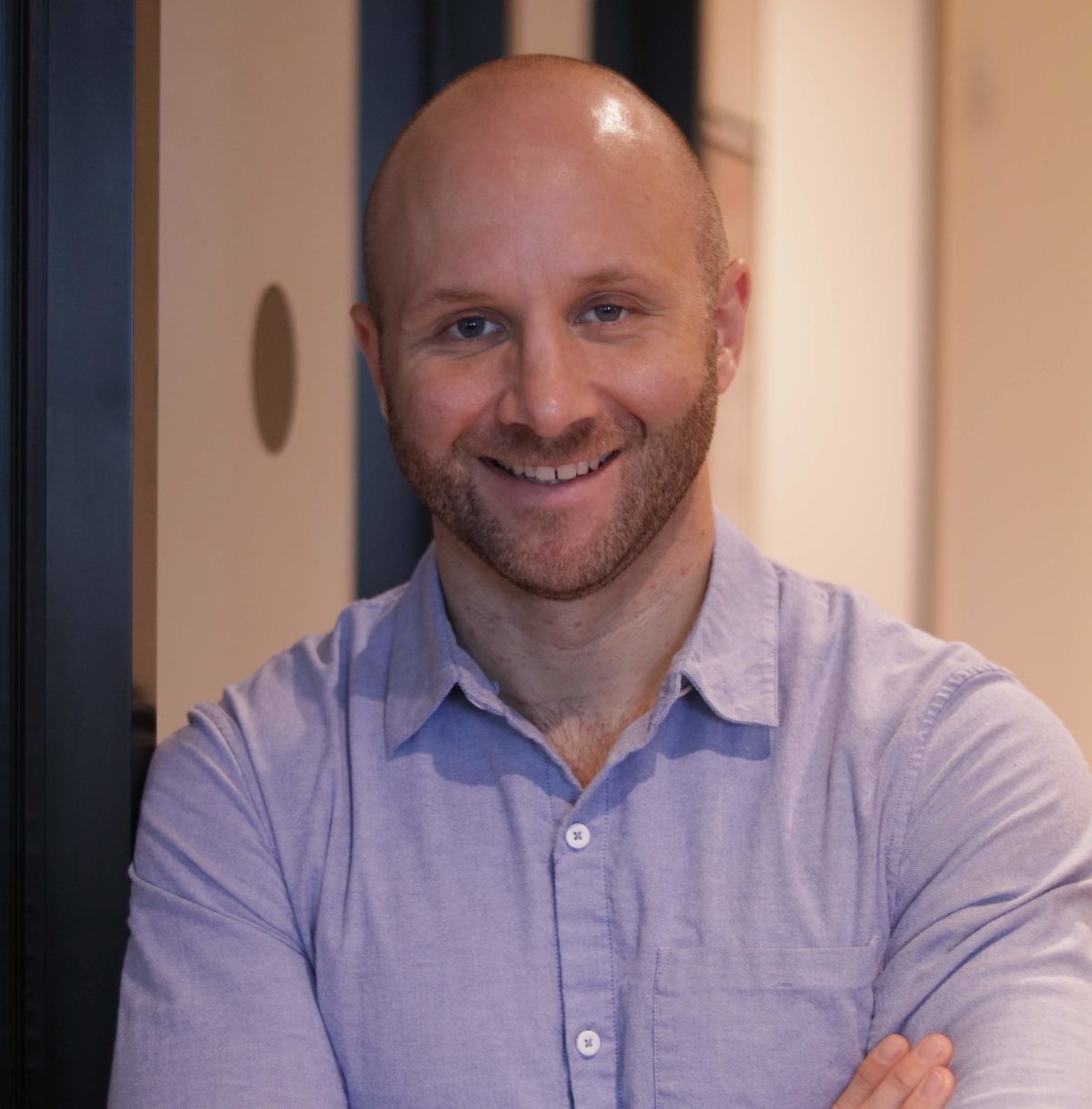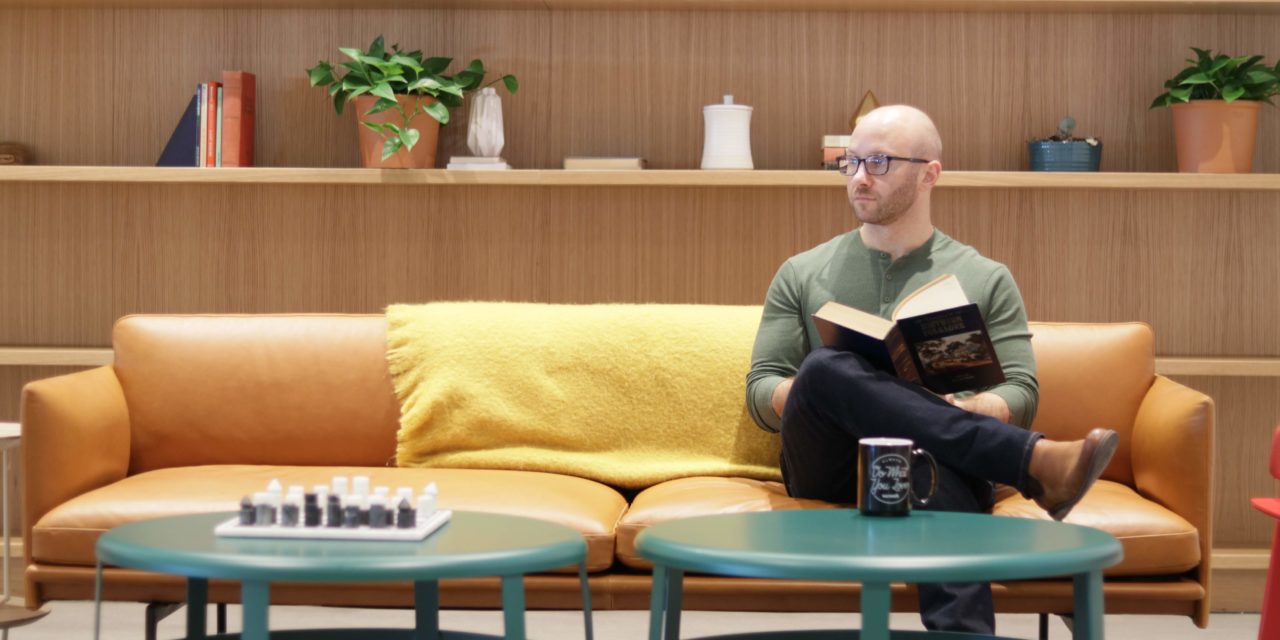A week ago I received a direct message from a young lady aspiring to be a writer and speaker.
She’d been following me since we met briefly at a fitness park and told me she was inspired by my work.
“I would like know your process on how you were able to become a public speaker and author,” she wrote.
My ego wanted to scream “What?! I’m still trying to become those things, so if you find out, I need you to tell me!”
Then I realized that for her, someone just beginning to think of pursuing this dream (much like myself years ago), I was an example of someone who made it actually happen. It wouldn’t be helpful to tell her that it’s still painfully challenging every day and I don’t consider myself to have achieved my mission.
But I did feel confident I could impart some wisdom on her, so I set up a call.
She came from the military and knew that she wanted to focus on empowering women by sharing her personal story — one of a woman of color from the south, that grew up in a highly religious community, and experienced assault in the workplace.
When I had a breakthrough on defining my mission, it was when my friend Russ Finkelstein — a career coach and Managing Director of ClearlyNext — urged me to find my “unique intersections.”
Unique intersections are where our interests and experiences come together to define what make us uniquely “us,” and hopefully informs the direction of our paths forward.
This young lady had well defined unique intersections that would help her be laser-focused on who she should seek to impact. I was excited, because it took me at least 10 years to find mine.
But she had a problem.
She feared talking about her assault — not just because she knew there were be strong backlash in her industry, but more because she didn’t want to be defined by that one event.
She didn’t want to be known only for the fact that she had been assaulted because she had so much more to talk about. She didn’t want people to listen out of pity.
I immediately understood her concern, because I’d been through the same thing. After making Raise Up, I didn’t want to be known as “the fitness guy” because I had so many other interests and things I could do well. Even though my struggles paled in comparison to someone that had experienced physical assault, my struggles were still identity-based and I could empathize with her.
But when I worked with Russ on finding my unique intersections, I tracked my experiences and why fitness was important to me. I realized I’d also done a lot of work in the healthcare industry — creating documentaries about cancer patients and rare diseases.
Then, I thought about my history and where I come from. My dad died of lung cancer and was an alcoholic. Diabetes and heart disease run rampant in my family. Much of my home county in North Carolina suffers from poor health. This was important to me.
So I leaned into it and self-proclaimed myself as a “health and wellness” filmmaker. I didn’t let other people define me — I took control of my narrative and defined it myself.
I told this young lady that I know it was hard for her to open up about that and I understood her fear of wanting to be labeled. But if I could give her any advice, it would be to “Be bold.”
Often the things that scare us the most are exactly what we need to do, but it’s so hard to trust ourselves and face that monster. It’s especially hard when those things have stigma attached to them or are pity-inducing. No one wants people to pity them.
But this is her story. There is no way around that. It will always be attached to her.
Instead, I told her, if she grabbed control of that and owned it, people would respect her. It would be tough, and maybe some people would even still pity her, but she could not control that. All she could control was the story she wanted to tell about herself. And if her focus was on the people she wanted to help — people like her — then it would help her find the strength to share.
Our experiences, even the tough ones, make us who we are. If we lean into that, learn as much about ourselves as possible, we can mold them with our interests into a beautiful story with unique intersections that no one else can replicate.
This season on NBC’s “This Is Us” there was an episode where Randall’s adopted daughter Deja didn’t want special treatment (to skip a grade) just because the teachers found out she was homeless at one point.
https://twitter.com/GiphyPop/status/1057446859742994432?s=20
Randall, in his classic dad wisdom responded, “There’s always gonna be people out there who think it’s extra special when you do something impressive because of where you came from. You can’t control that. All you can control is what you do.”
The younger version of myself would like to officially step up and yell to all my jock friends: “Yes, I watch ‘This Is Us’ and I cry almost every episode!” at the top of my lungs.
If you’re struggling with a similar issue, stand tall, be bold, and flip the script so that you use those unique intersections to propel you forward. Don’t let them hold you back.

Rain Bennett is a two time Emmy-nominated filmmaker, writer, and competitive storyteller with over a decade of experience producing documentary films that focus on health and wellness. With his company Six Second Stories, he takes the knowledge and skills learned from “indie” filmmaking and uses them to help nonprofits and purpose-driven companies use short form video storytelling in their marketing strategies to deepen their impact on communities and the world. Bennett has been featured in publications like Men’s Health and Sports Business Global, has contributed to Huffington Post Breaking Muscle, and Chapelboro, and hosts a podcast called The Storytelling Lab, where he breaks down the art and science of storytelling. His mission is simple: to make the world happier and healthier by sharing stories of change.


